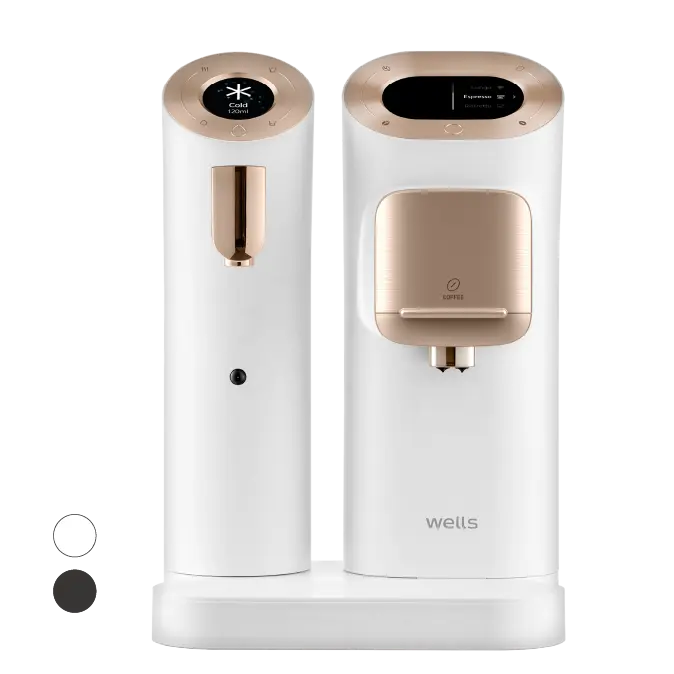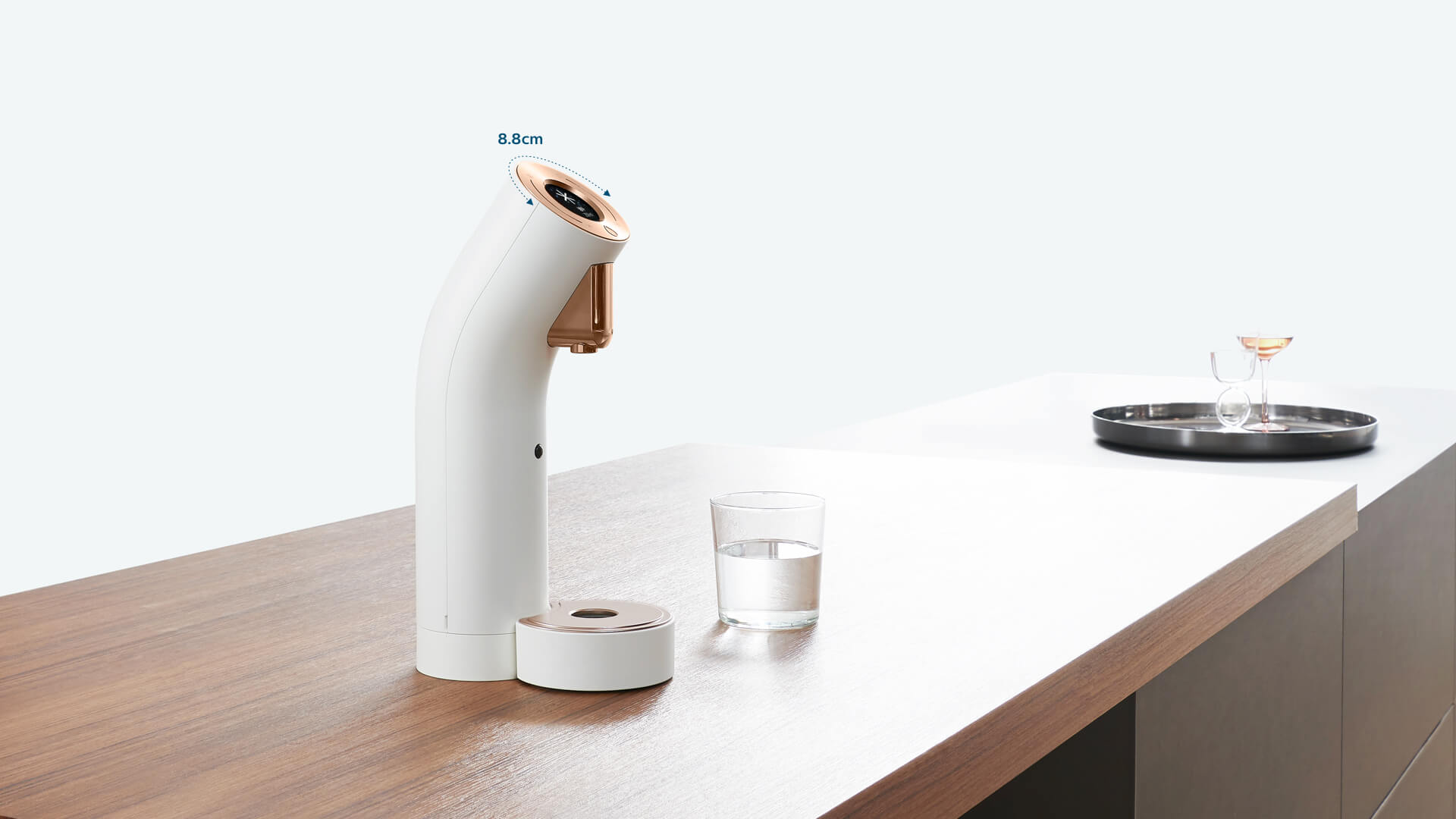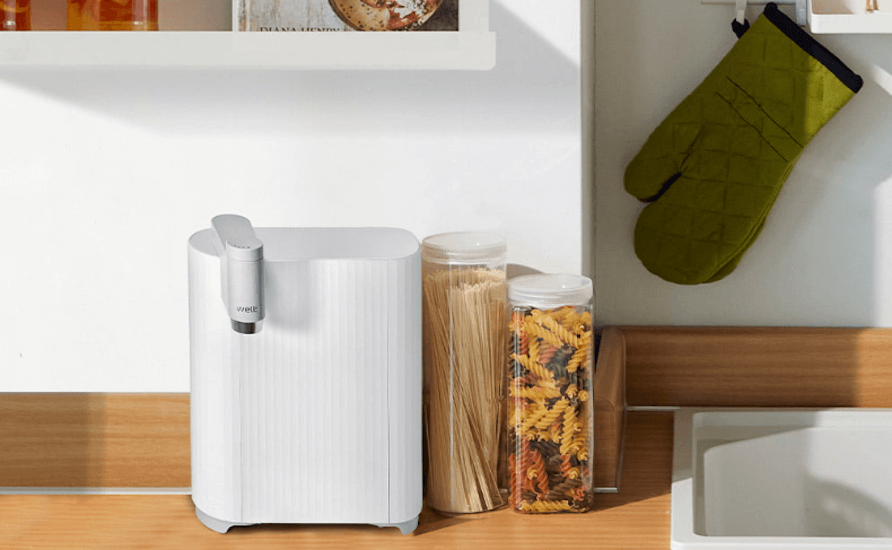If you have ever wondered, the issue of tap water safety is a big deal in Malaysia and cannot be brushed off as an inconvenience. Although the tap water in the country generally meets basic safety standards, like sediment and chlorine filtration — it is clear that cleaner waters require more than just minimum steps. We need clean water to maintain a strong immune system, digestive health, and more, so you could be dodging these issues by using the best water purifiers. Here are some reasons why purchasing a water purifier is becoming more and more necessary for Malaysians.
Common Issues with Malaysia’s Tap Water
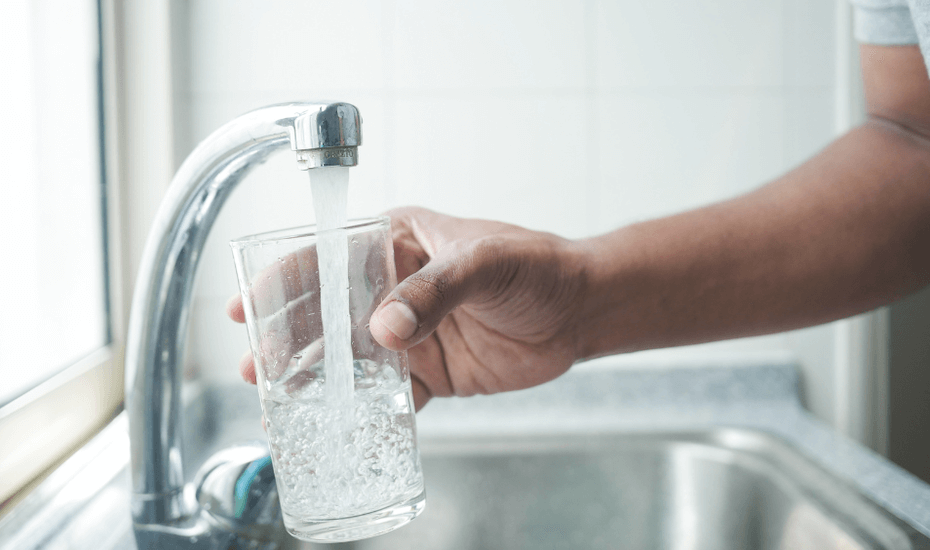
Chlorine and Chemical Residue
Chlorine disinfects tap water, killing dangerous bacteria and other pathogens. It also leaves a chemical residue that might improve water’s taste and odor. When combined with organic matter in the water, chlorine can also create trihalomethanes (THMs), carcinogens, and mutations linked to cancer. Prolonged low-level exposure to these chemicals can adversely affect your health if present over a longer duration.
Heavy Metals and Contaminants
Corroded pipes and industrial runoff can occasionally source heavy metals such as lead, mercury, and arsenic in tap water. When these toxic compounds enter the human body, they are stored in fat tissue and can cause kidney damage, developmental issues in children, and potentially cancer. These risks can be reduced by regular monitoring and using advanced filtration methods.
Bacterial Contamination
Chlorination continues to be employed as part of the treatment process. Still, bacterial contamination remains an issue, particularly in regions with ageing infrastructure or heavy rainfall that could overwhelm treated water systems. Some common waterborne pathogens, such as E. coli, Giardia, and Cryptosporidium, can contaminate tap water, putting the health of at-risk populations (including children, the elderly, or immunocompromised people) in danger. Even more methods of purification, such as UV treatment or reverse osmosis, are efficient in eliminating these unwanted microorganisms.
Is Malaysia’s Tap Water Safe to Drink?
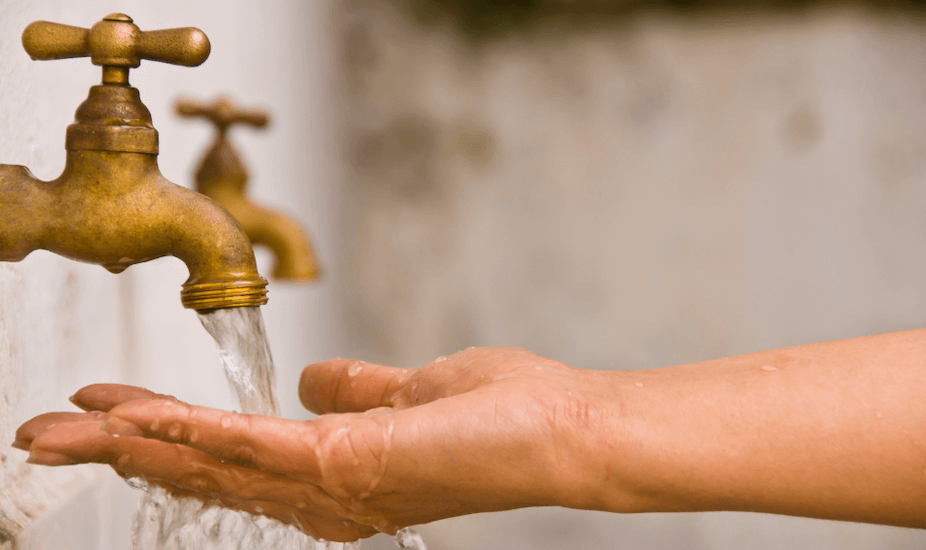
Official Statements vs. Reality
This has been repeatedly emphasized by various authorities claiming that tap water in Malaysia is a potable and safe standard for consumption. The official stance, however, is occasionally in conflict with real-world problems. The truth about water safety lies somewhere between the ideal and reality. We often hear about contamination warnings and boil-water alerts. These disparities are due to various factors, like aging infrastructure or inconsistency in water treatment practices, accidents, and other forms of pollution that can occur unexpectedly. It also makes sense why you should stay vigilant with tap water by knowing more purification alternatives.
Urban vs. Rural Water Safety
Tap water quality in Malaysia varies between urban and rural areas. The more advanced water treatment facilities and better-maintained city infrastructure lead to a higher probability of safe drinking water. Conversely, less-developed infrastructure in rural areas means more frequent interruptions and lower overall water quality, while fewer regular maintenance or upgrade resources are available. Political leaders should act wisely and provide efficient water purifiers to fill the existing gaps, especially in rural areas that lack clean, drinkable water sources.
Why Water Purifiers Are a Smart Choice for Malaysian Households
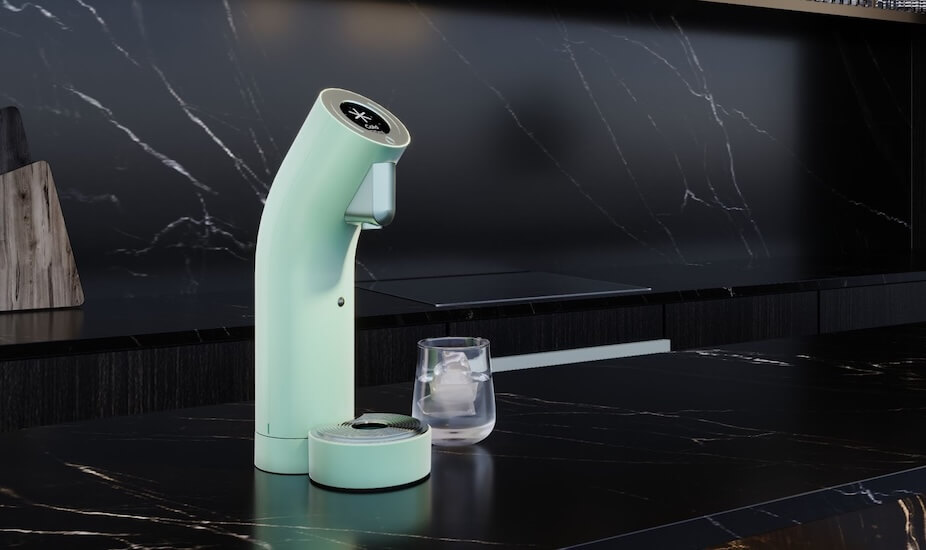
Health Benefits
Water purifiers serve as an important additional safety layer by efficiently removing potentially harmful bacteria, chemicals, and heavy metals, which municipal water treatment facilities may not succeed in completely eradicating. When there are no impurities in the water, it appears pure, and this means that you will not have a chance of health problems from contaminants such as lead or bacteria, which basic water filtration processes can let through.
Improved Taste and Odor
Once you start using a water purifier, you will notice improved taste and odor. While you may not even realize it, purifiers strip out chlorine and other man-made chemicals to make tap water taste better, so most everyone—children included—tends to indulge more heartily and use the heightened-quality H2O in cooking.
Cost-Effective in the Long Run
It is worth spending money on a water purifier, as it can yield good savings in the long term. A decentralized water treatment plant can reduce the requirement to buy expensive bottled water and further decrease the use of plastic bottles. It is a win-win for the wallet and the environment.
Eco-Friendly
It also means not relying on bottled water as frequently, resulting in more plastic pollution. This can substantially reduce the environmental footprint of every household where fewer plastic bottles are sourced and thrown away. Thus, keeping this necessity in mind and using water purifiers is the most practical method to lead towards a sustainable and eco-friendly life.
Types of Water Purifiers Suitable for Malaysian Tap Water
Purifiers Reverse Osmosis purifiers are highly effective at removing heavy metals, chemicals, and microorganisms from tap water. By forcing water through a semipermeable membrane, RO purifiers filter out contaminants that standard filters might miss. This makes them an excellent choice for ensuring the highest water purity and safety level.
Ultraviolet (UV)
Purifiers Ultraviolet purifiers use UV light to kill bacteria and viruses present in tap water. While they excel at eradicating harmful microorganisms, they may not be as effective at removing chemicals or heavy metals. Combining UV purifiers with other filtration systems can enhance water safety and quality.
Activated Carbon Filters
Activated carbon filters are particularly good at improving the taste and odor of tap water by removing chlorine and some chemical impurities. They work by adsorbing contaminants onto the surface of the carbon particles, thus enhancing the overall drinking experience. While they may not remove all pollutants, they are a great addition to any water purification setup for better-tasting water.
Choosing the Right Water Purifier for Your Home
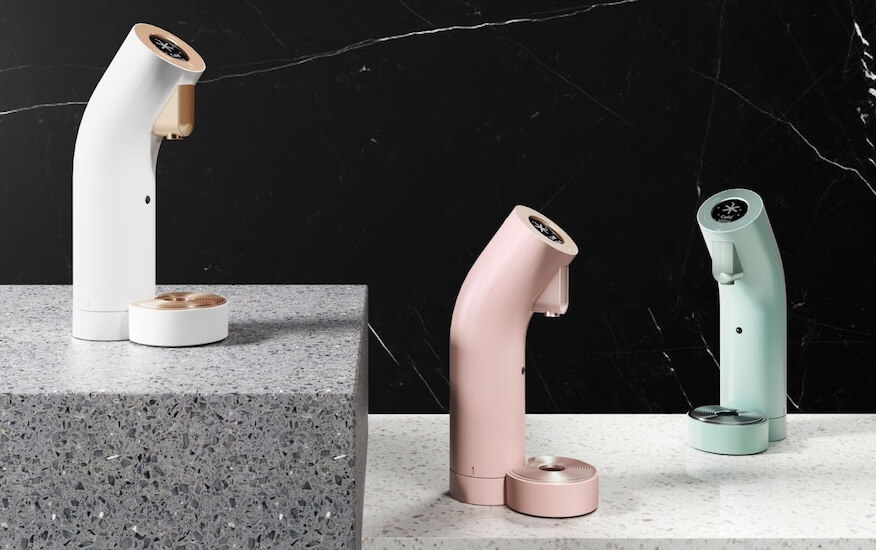
Assessing Your Water Quality
Before deciding on a water purifier, it’s essential to understand the quality of your tap water. You can use store home testing kits or send a sample to a local lab for a detailed analysis. Look for contaminants like chlorine, heavy metals, and bacteria. Once you know what’s in your water, you can choose a specific purifier to address those issues. For example, a Reverse Osmosis (RO) system would be ideal if your water has high lead levels.
Consideration of Budget and Maintenance
Different water purifiers come with varying costs and maintenance requirements. RO purifiers, while highly effective, can be on the pricier side and require regular filter changes. UV purifiers are more affordable but might need to be paired with other filters for comprehensive purification. Activated carbon filters are generally cost-effective and easy to maintain but may not remove all contaminants. Weighing the initial investment against ongoing maintenance costs is crucial to finding a solution that fits your budget while ensuring safe, clean water for your household.
Conclusion
So that sums it up: the tap water of Malaysia maintains a standard safety level, but some contaminants could still affect its quality and purity. Water purifiers offer extended protection from these impurities and retain clean & safe water for regular usage. Invest in a water purifier and have the comfort of knowing that you are drinking clean, pure, and healthy. This is an actionable step towards improved health, safety and well-being within your home.


